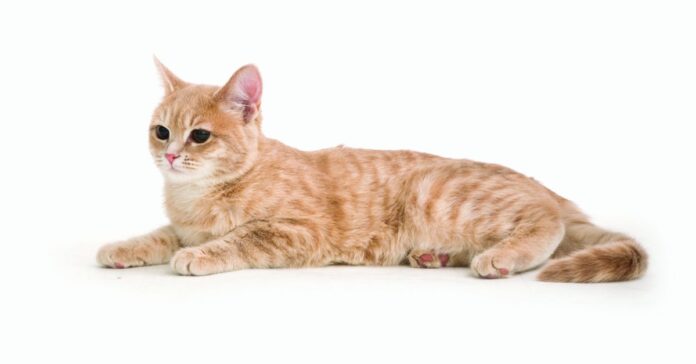PORT MANSFIELD — Feral felines might actually outnumber residents in this tiny fishing village where white-tail deer also roam the streets.
An estimated 700 cats are hiding in drainage pipes and abandoned houses, posing health hazards, that according to Pat Turman-White, president of the Harlingen Humane Society.
Now, the Humane Society is trying to trap and neuter them, Turman-White said yesterday.
“It’s the whole town — they’re everywhere,” she said. “You’re talking about 700 cats located in an area of a couple of miles. The feces are everywhere. It’s a health problem.”
She estimates about 400 cats live on the south side of town while as many as 300 live on the north side.
“They’re everywhere — in abandoned buildings, in culverts,” she said.
Along Northshore Drive, she said, at least one home keeps a hoard of as many as 60 cats.
Jan Jones, owner of Pelican’s Cove restaurant, said feral cats have been a problem here “forever.”
“I chase them off my place. I won’t feed them,” Jones said. “There have always been way too many cats — hundreds. They keep having babies and their babies have babies and it keeps going on.”
Willacy County’s financial crisis has led officials to eliminate the animal control officer’s job.
So Turman-White said she will meet with the Willacy County Navigation District to ask officials to help share the cost of testing and neutering the town’s feral cats.
Yesterday, Port Director Ronald Mills did not respond to a telephone call requesting comment.
John Sterling, vice president of the Port Mansfield Chamber of Commerce, said many residents feed the cats.
“I’ve never seen so many cats anywhere else,” Sterling said. “A lot of people feed them so I guess it’s not a problem to a lot of people. They don’t bother me much.”
Turman-White said the Humane Society will lead the program.
“It’s too big of a problem for them to tackle on their own,” she said.
So far, of the 23 cats trapped and tested, 18 were euthanized because they tested positive for leukemia or feline immunodeficiency virus, or FIV, Turman-White said.
She said five cats, which were spayed or neutered at the Harlingen Humane Society’s clinic, will be returned to Port Mansfield.
The territorial felines will keep away any newcomers, she said.




